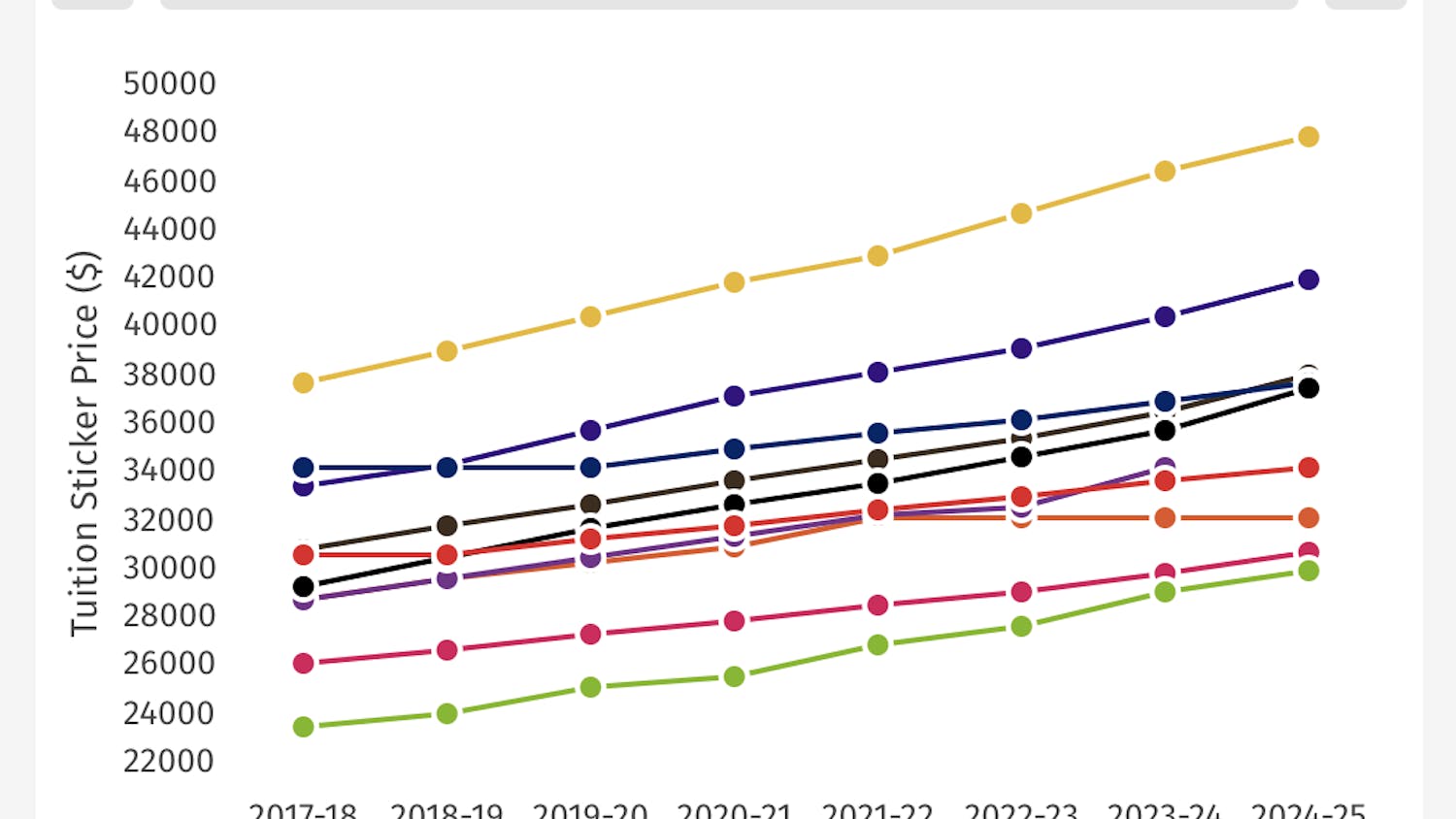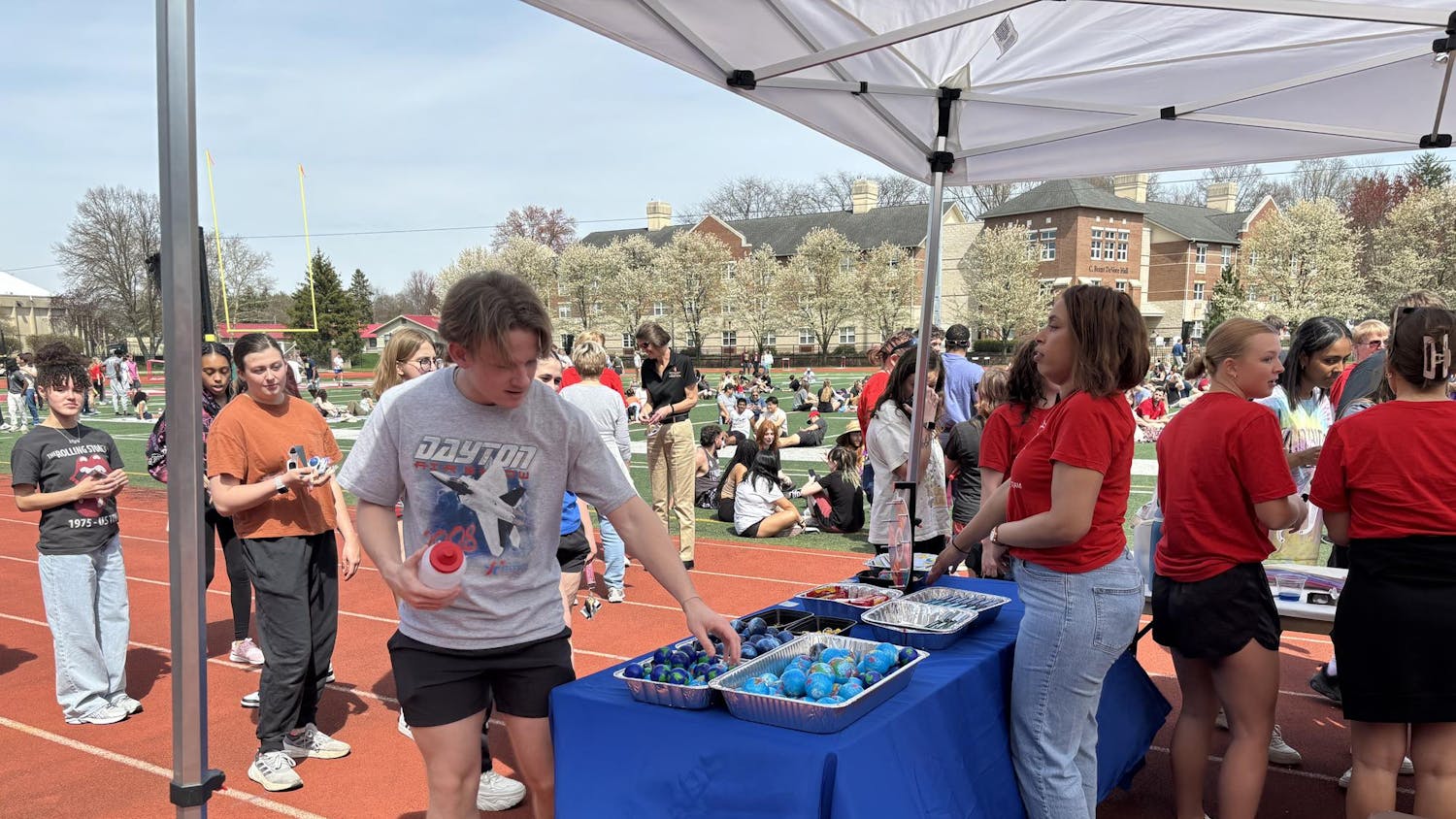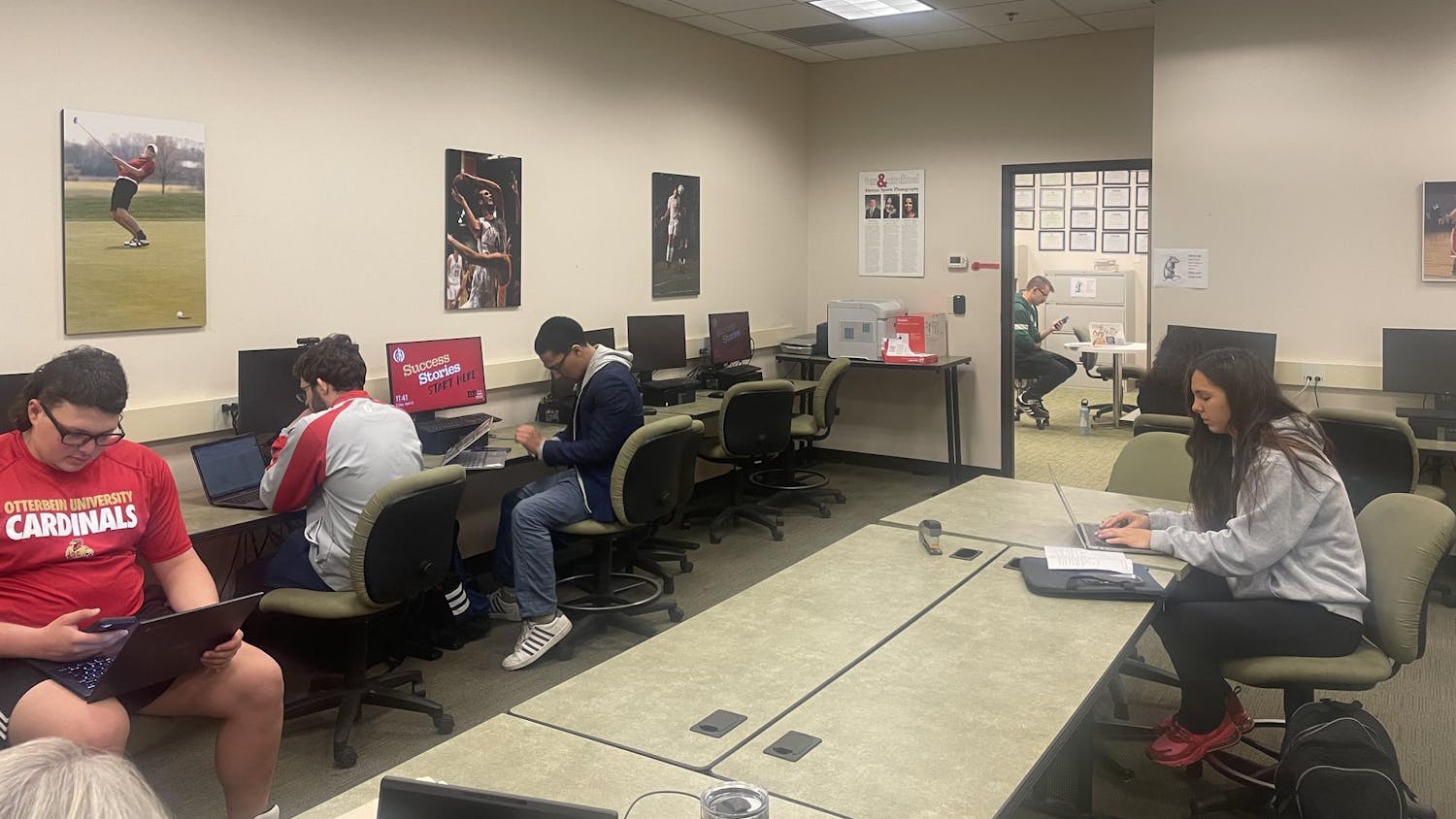The one thing most college students can rely on when facing steep tuition costs is the almighty "student loan." Someone, somewhere, will lend you enough money to stay in school, and even better, you can defer those loans until you are no longer enrolled in college.
Unfortunately, this time-honored tradition of "robbing Peter to pay Paul" is going through a renovation that could leave some students in the lurch.
According to CNNMoney.com, "more than 55 lenders who originate 13 percent of college loans have stopped making loans in recent months."
College Loan Corporation, National Education and Student Loan Xpress - three of the lenders that have stopped making loans - supplied Otterbein students with school loans.
"We started hearing about this in the fall but it wasn't until 2008 that we saw lenders that we work with beginning to close up shop," said Phil Bovenizer, associate director of financial aid. "We saw that and we knew, 'hey, this is kind of serious.'"
This spring, seven students' loans were cancelled before they could be disbursed for the quarter. "This was the first real disturbance for us," said Bovenizer.
The problems with loans have stemmed from two major factors: the subprime mortgage credit crisis of 2007 and the College Cost Reduction and Access Act of 2007 (CCRAA).
The subprime mortgage credit crisis forced lenders to rely on more expensive funding for loans, according to FinAid.org. Additionally, the CCRAA cut lender interest income.
The combination of these factors made education loans less profitable for lenders, which led directly to companies suspending loan activities.
An article in The Chronicle of Higher Education (the Chronicle) said that last month Congress urged the Education Secretary to prepare for a potential crisis in access to student loans.
However, lawmakers have been reassuring students and parents that a crisis is unlikely. Bovenizer agrees with the lawmakers, saying students aren't facing a crisis yet. "The list is getting lower but there will still be plenty," he said.
In response to the industry's warnings, some colleges are considering relying directly on loans from the Federal Department of Education.
The Chronicle stated, "At least 42 institutions have asked the Education Department this year for authorization to offer direct lending."
Within six months, the Education Department plans to introduce computer systems that will enable colleges to offer bank-based loans, or private loans from a banking institution and direct lending at the same time.
While direct loans haven't been affected yet by the lessening of profits, their services to students are not as good as private lenders.
The idea of switching to direct lending also raises the question of whether or not the federal government could support the surge of new applications if the credit market worsens and private lenders continue to close their doors.
Currently, about four-fifths of student loans are controlled by private lenders outside the federal government.
"The average student only cares about getting their bills paid," Bovenizer said. "If the cost of getting funds increases, the cost for students increases too. Students just need to be careful about what they're signing."
"All I know is I wouldn't be here if it weren't for student loans and neither would most of my friends," said sophomore broadcasting and theatre and dance major Cassandra Cardenas. "Hopefully this doesn't get any worse or a lot of people are going to be in trouble." t&c;





